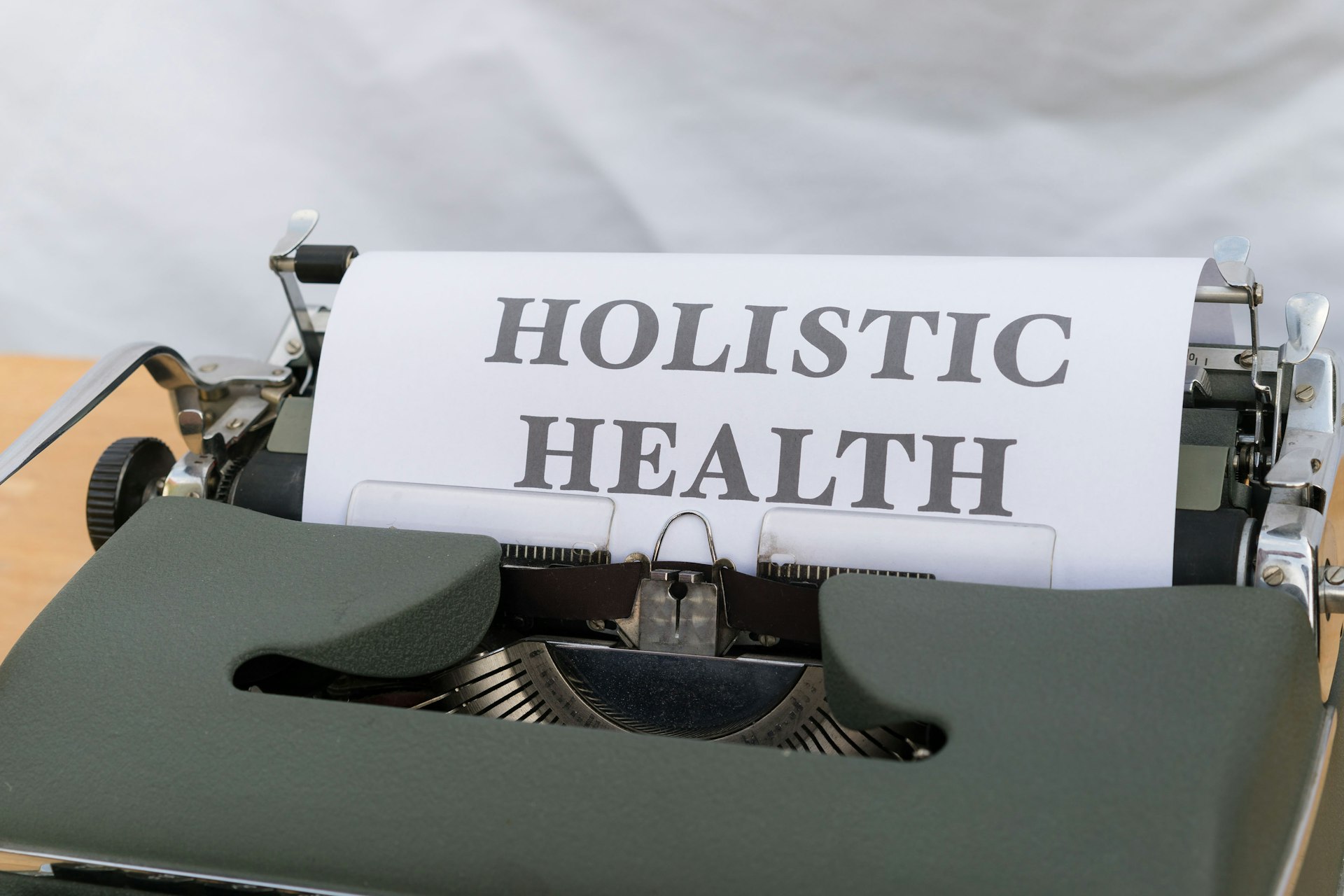Achieving a Balanced Caffeine Lifestyle for Lasting Energy and Health

Photo by Yehleen gaffney on Unsplash
Introduction
Caffeine is one of the world’s most popular natural stimulants, found in coffee, tea, and many energy drinks. Its ability to boost alertness, lift mood, and sharpen focus has made it a staple for millions seeking an energy edge. Yet, the key to harnessing caffeine’s benefits lies in balance-a lifestyle that maximizes energy and health while minimizing risks. This article explores actionable steps, real-world examples, and science-backed strategies to create a balanced caffeine lifestyle for sustained energy and well-being.
Understanding Caffeine’s Effects
Caffeine works by blocking adenosine, a neurotransmitter that promotes sleep, thereby increasing alertness and reducing feelings of fatigue. Moderate caffeine consumption-typically 1-4 cups of coffee or tea daily-has been linked to a lower risk of heart disease ( [3] ), type 2 diabetes, and even longer life spans. For most healthy adults, up to 400 mg of caffeine per day is considered safe, though individual tolerance can vary due to factors like metabolism, body weight, and medications ( [2] ).
Timing Matters: When to Enjoy Caffeine
Recent research highlights the importance of timing caffeine intake. Consuming coffee before noon was associated with significant reductions in early mortality and cardiovascular risk, compared to drinking caffeine throughout the day ( [1] ). Early-day consumption supports healthy sleep patterns and may amplify caffeine’s anti-inflammatory effects, which peak in the morning. To optimize your energy and health:
- Enjoy caffeinated beverages between 4 a.m. and noon for maximum benefit.
- Avoid caffeine after mid-afternoon to prevent sleep disruption.
If you work night shifts or have an irregular schedule, adapt your caffeine timing so that it aligns with your wakeful periods, always allowing at least six hours before planned sleep.
Moderation and Personalization
Maintaining moderation is crucial. While 3-5 cups of coffee daily may be linked to reduced chronic disease risk ( [5] ), some individuals experience jitters, anxiety, or insomnia at lower doses. Use these steps to personalize your caffeine lifestyle:
- Track Your Intake : Monitor how much caffeine you consume from all sources-including tea, energy drinks, chocolate, and medications.
- Assess Your Tolerance : Notice how you feel after caffeine. If you experience anxiety, rapid heartbeat, or sleep problems, consider reducing your intake.
- Adjust for Health Conditions : If you struggle with blood pressure control or are pregnant, aim for less than 200 mg daily ( [5] ).
- Choose Alternatives : Decaffeinated coffee and herbal teas provide similar health benefits without the stimulant effects ( [5] ).
Case Example: Sarah, a graphic designer, found that late-afternoon coffee led to restless nights. By shifting her coffee intake to before noon and switching to herbal tea in the afternoon, she improved her sleep and maintained steady energy.
Maximizing Energy and Cognitive Performance
Caffeine can enhance focus, mood, and productivity when used thoughtfully. To maximize these benefits:
- Pair caffeine with healthy habits-adequate sleep, regular exercise, and balanced nutrition.
- Use caffeine strategically before demanding tasks, such as presentations or study sessions.
- Limit sugar and high-fat additives in caffeinated drinks, which can offset health gains ( [5] ).
Example: Students preparing for exams often benefit from a morning cup of coffee to boost alertness. However, excessive caffeine or late-night consumption can impair sleep, reducing memory and concentration. A balanced approach supports both short-term performance and long-term health.
Caffeine and Disease Prevention
Scientific studies have connected moderate caffeine intake to various health protections:
- Cardiovascular Health : Studies show a 16-18% reduced risk of heart disease with 1-4 cups daily ( [3] ).
- Diabetes Prevention : Each additional 200 mg of caffeine consumed daily may lower type 2 diabetes risk by 12-14% ( [3] ).
- Brain Health : Regular caffeine intake may slow the progression of dementia and help control Parkinson’s symptoms ( [4] ).
- Liver Protection : Coffee consumption has been linked to lower risks of liver disease and improved liver enzyme profiles ( [4] ).
These benefits are most pronounced with moderate, consistent intake and may be diminished by excessive caffeine or unhealthy additives.
Implementing a Balanced Caffeine Lifestyle: Step-by-Step
1. Evaluate Your Current Habits : Track your daily caffeine sources and timing for at least one week. 2. Set Personal Goals : Decide your ideal intake level based on energy needs, sleep quality, and any health conditions. 3. Choose Healthier Options : Opt for brewed coffee, green or black tea, and minimize high-sugar energy drinks and sodas. 4. Time Your Consumption : Align caffeine intake with peak alertness periods (ideally before noon). 5. Monitor Sleep and Energy : Adjust intake if you notice sleep disturbances or afternoon energy crashes. 6. Explore Alternatives : If sensitive to caffeine, try decaffeinated drinks or herbal teas for similar health benefits. 7. Consult Professionals If Needed : If you have complex health concerns or struggle with moderation, speak with your healthcare provider or a registered dietitian.
Potential Challenges and Solutions
Challenge: Caffeine withdrawal can cause headaches, fatigue, and low mood. Solution: To reduce withdrawal symptoms, gradually decrease intake by replacing one caffeinated beverage per day with water or herbal tea. Stay hydrated and maintain good sleep hygiene during adjustment periods ( [2] ).
Challenge: Social or workplace pressures to consume more caffeine. Solution: Communicate your personal limits and offer alternatives for meetings, such as decaffeinated options or sparkling water.
Challenge: Difficulty tracking total caffeine intake from varied sources. Solution: Use free apps or keep a simple journal to record all beverages and foods that contain caffeine.
Alternative Approaches to Energy and Health
While caffeine is a useful tool, a balanced lifestyle incorporates other natural energy boosters:
- Regular physical activity to enhance mood and stamina.
- Nutritious meals with whole grains, fruits, and vegetables for sustained energy.
- Mindfulness practices, such as meditation or deep-breathing, to reduce stress and improve focus.
Individuals who do not tolerate caffeine well still have many pathways to improved energy and health.
How to Access Reliable Resources
For personalized guidance on caffeine and energy health, consider these approaches:
- Speak with your primary care provider or a registered dietitian for tailored advice.
- Search for “caffeine health effects” on the official websites of organizations like the National Institutes of Health (NIH), the American Heart Association, or Harvard T.H. Chan School of Public Health for up-to-date, science-based information.
- Review nutrition labels on beverages and foods for accurate caffeine content.
If you need help with moderation or are concerned about specific health risks, you can contact your healthcare provider, consult a pharmacist, or look for community wellness programs through local hospitals and public health departments.
Conclusion: Creating Sustainable Energy Habits
A balanced caffeine lifestyle prioritizes moderation, timing, and self-awareness. By understanding individual tolerance, consuming caffeine strategically, and complementing intake with healthy habits, you can enjoy greater energy, enhanced focus, and long-term health benefits. Remember, if you have specific health conditions or questions, professional guidance is available-start with a conversation with your healthcare provider and utilize authoritative resources for ongoing support.

Photo by Marianela O.M on Unsplash
References
[1] National Heart, Lung, and Blood Institute (2025). When it comes to the health benefits of coffee, timing may count. [2] American Heart Association (2022). Is caffeine a friend or foe? [3] Healthline (2020). What Is Caffeine, and Is It Good or Bad for Health? [4] Rush University Medical Center (2025). Health Benefits of Coffee. [5] Harvard T.H. Chan School of Public Health (2025). Coffee – The Nutrition Source.



